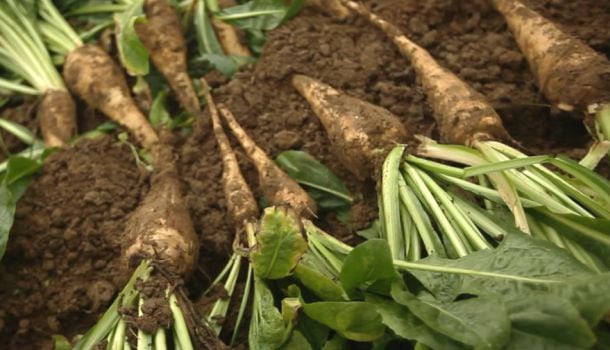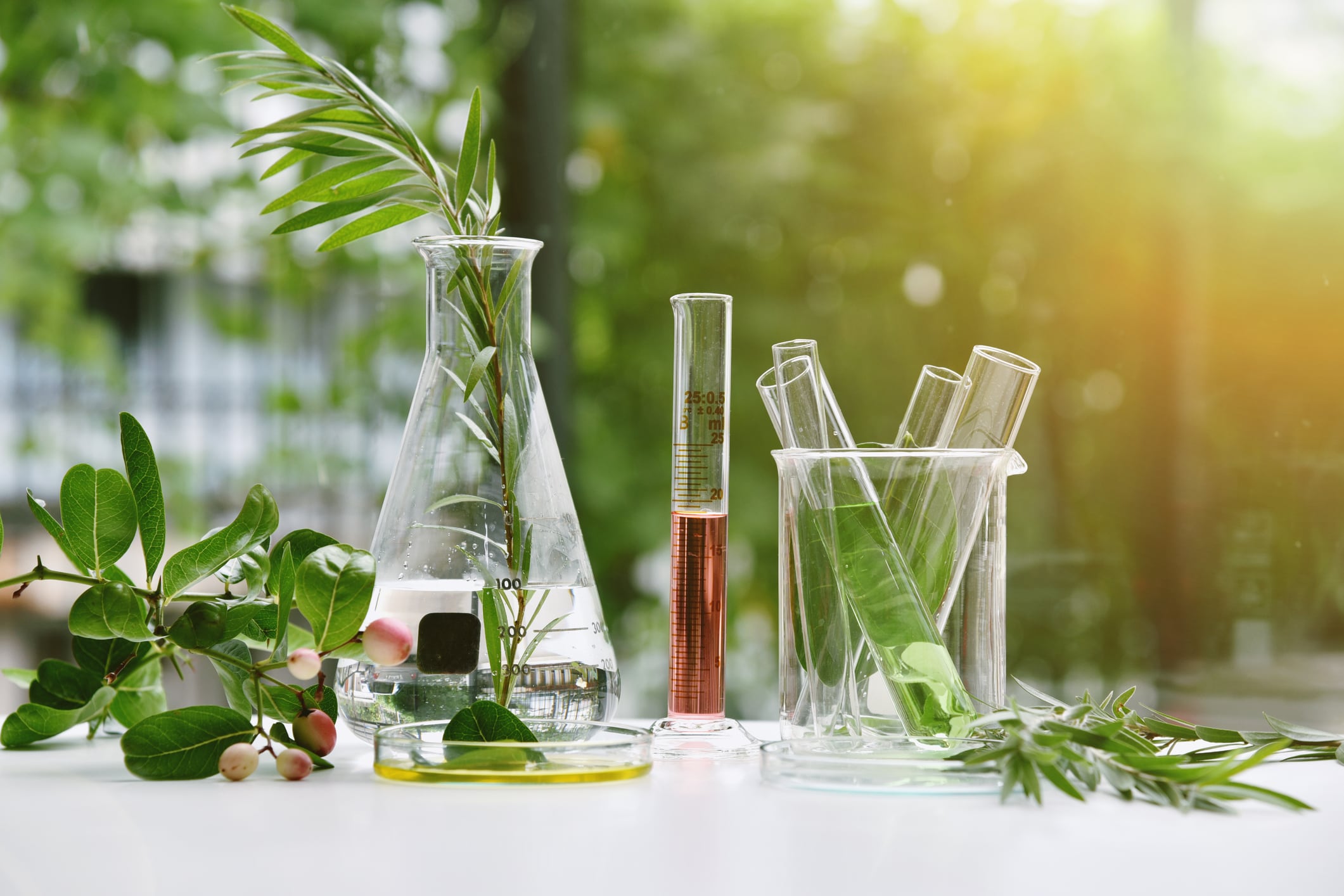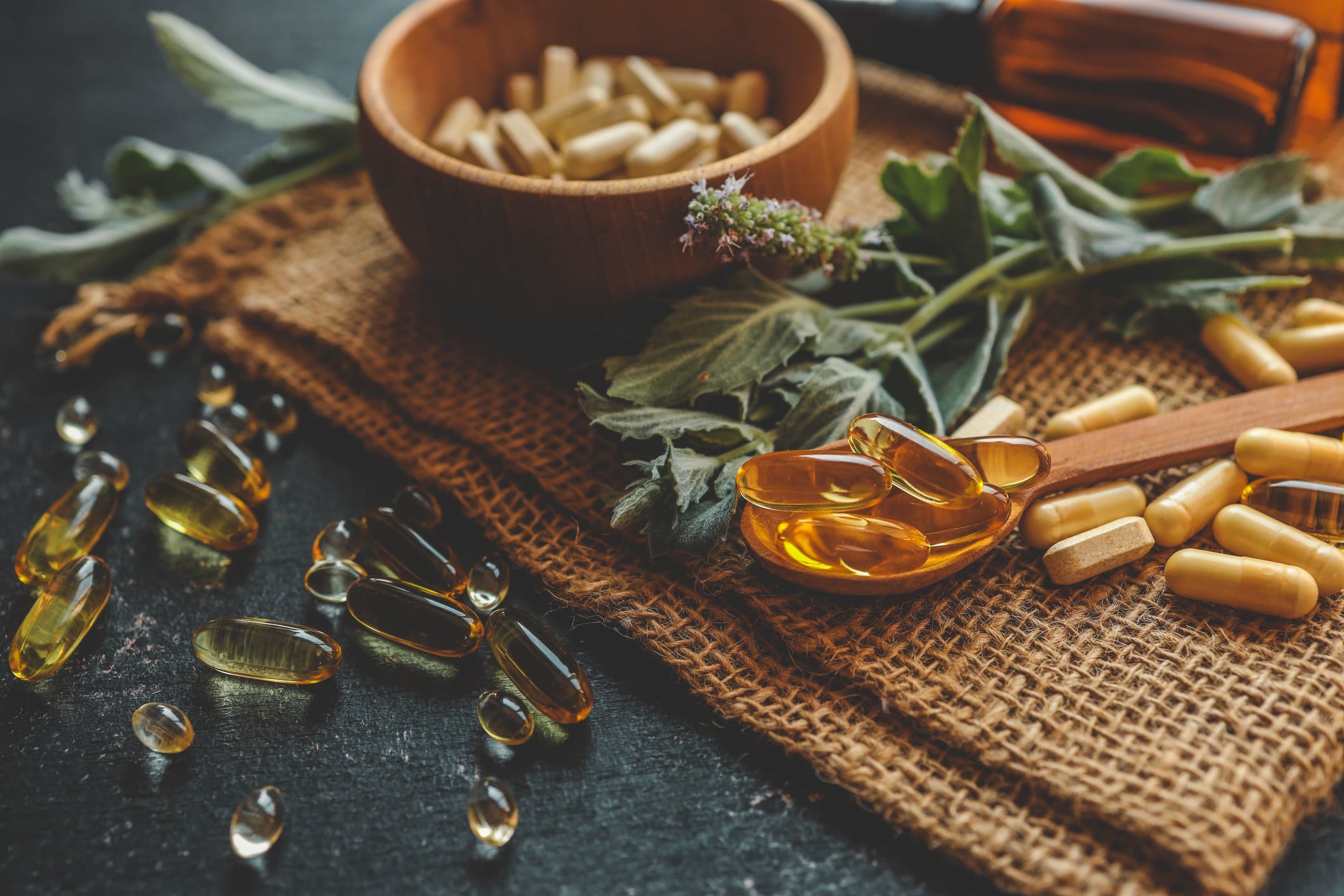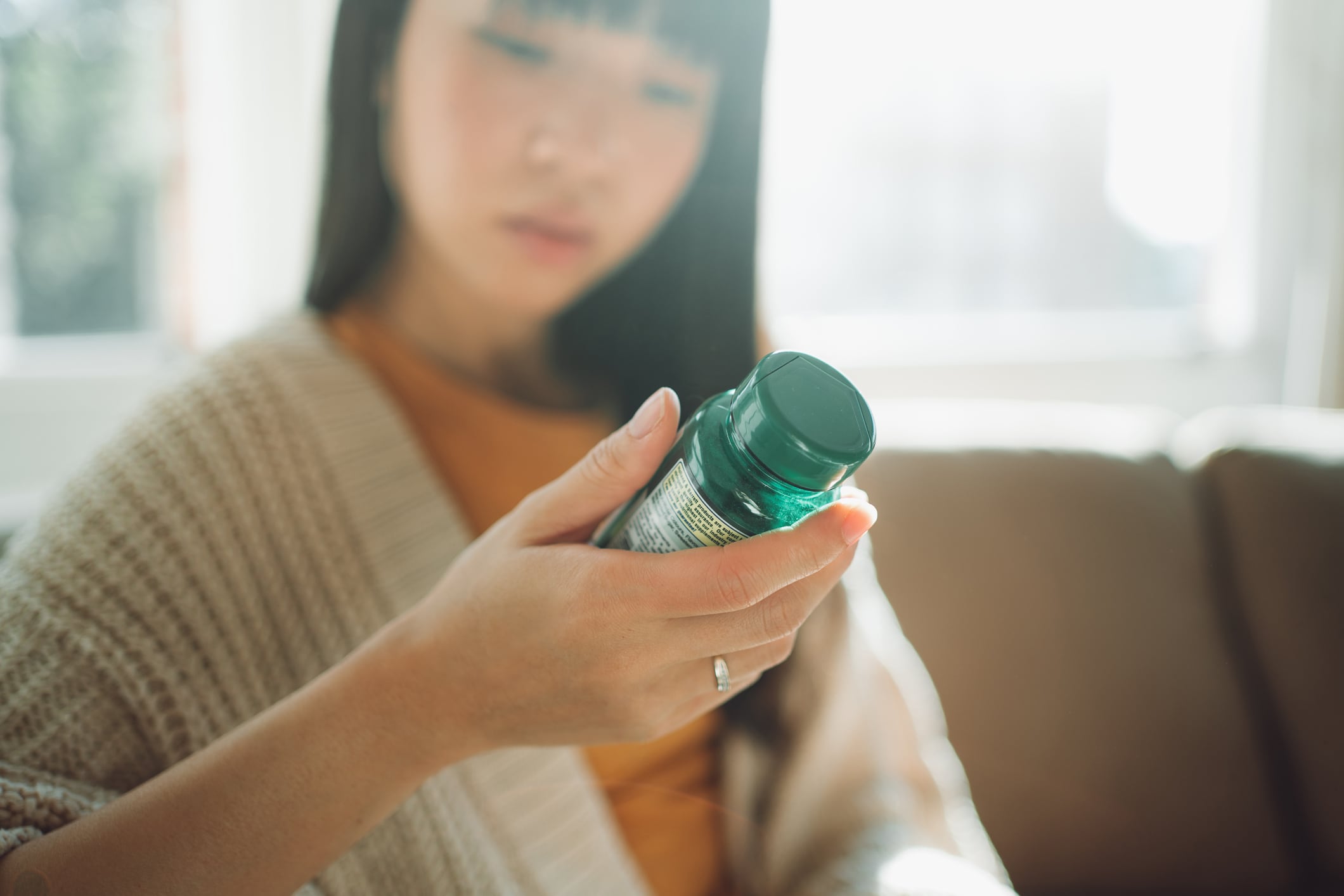Chicory root, European Hackberry and Good-King-Henry leaves have all been deemed non-novel under Regulation (EU) 2015/2283 following a scientific evaluation led by the Spanish Agency for Food Safety and Nutrition (AESAN).
Luca Bucchini, managing director at food safety consultancy Hylobates Consulting, told NutraIngredients that the AESAN is one of the “national authorities with a reputation of applying novel food legislation in a very conservative manner.”
In this instance, however, he believes businesses have sought confirmation for non-novel status even when the ingredients are already generally accepted, just to be safe.
With this confirmation, none of the three ingredients fall under the regulatory definition of a ‘novel food’ and therefore do not require pre-market approval or additional safety assessments.
Novel vs non-novel
The term ‘novel food’ refers to foods or ingredients that were not commonly consumed by humans in the EU before May 1997. It indicates that there is limited research or information available regarding their effects and safety in humans.
Novel foods will often include ingredients that have been manufactured in such a way that they are significantly altered from their natural state, are made up of synthetic compounds or have a function for health applications that are not traditional.
But if a food is non-novel, it is recognized to have a history of safe use, and suppliers or producers will often seek non-novel status for ingredients in order to avoid going through the lengthy novel food approval process. When a food or ingredient gains non-novel status, it is essentially considered safe and traditional in its use, preparation and consumption.
Common non-novel botanicals include echinacea to support the immune system, evening primrose to mitigate premenstrual symptoms and valerian for its calming and sleep-promoting effects.
Chicory root
Chicory (Cichorium intybus L.) is a globally cultivated perennial herb from the Cichorium genus, Asteraceae family. It has been commonly used in food applications and animal feed and is increasingly recognized for its beneficial compounds.
Its roots are a good source of the prebiotic fiber inulin, which supports healthy bowel movements and aids blood sugar management.
Research also shows that both its leaves and roots contain compounds with antioxidant and anti-inflammatory properties.
European Hackberry
European Hackberry (Celtis australis) fruits have potential health benefits due to their rich phytochemical content, including phenolic compounds, flavonoids and minerals.
The fruit contains compounds like lutein, β-carotene and zeaxanthin, which are known antioxidants that can help protect the body against damage from free radicals, and research also suggests that hackberry fruit extracts may help reduce inflammation.
Good-King-Henry
The leaves of Good-King-Henry (Chenopodium bonus-henricus) have historically been consumed in culinary settings; however, it is also recognized as a good source of vitamins A and C, as well as iron and other minerals.
Some of its compounds, such as the flavonoids quercetin and kaempferol, have been noted for their antioxidant properties, and it has been used traditionally to treat issues such as digestive problems, anemia and skin conditions.
Expert opinion
On the non-novel status decisions, Bucchini noted that the ingredients are well established and that this decision is no surprise, referencing their historical uses.
However, for Bucchini, the intrigue lies in the need for food businesses to turn to the government to confirm that their food is not considered a novel food.
“The real surprise is that food businesses needed to ask authorities for confirmation of not novel food status—it’s unclear whether some processing details have been omitted in the final outcome of the consultation, but it would be unusual for important processing steps not to be declared,” he told NI.
“In any case, all the plants and relevant parts as mentioned have been declared as not novel in all foods, and unless extensively processed, they can be used across the EU without further steps, including importation.”
He did however note that, interestingly, European Hackberry fruit and Good-King-Henry leaves were not listed as permitted in some national lists of plants permitted in food supplements.
“This means that if the applicants intend to produce extracts for supplement use, this opinion gives them legal certainty, if the extraction does not change the original plant composition significantly,” he said.





